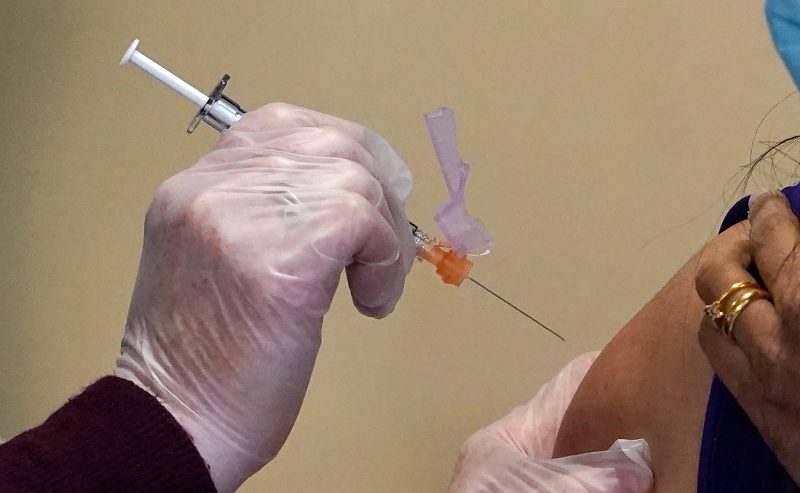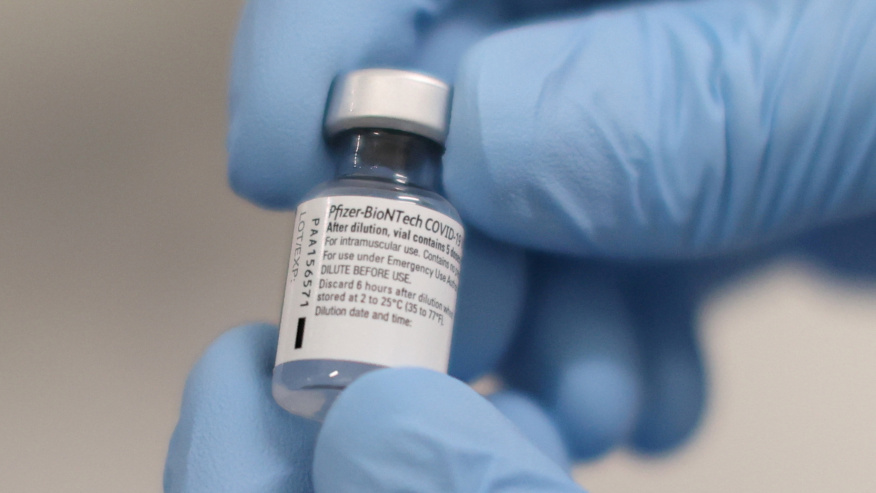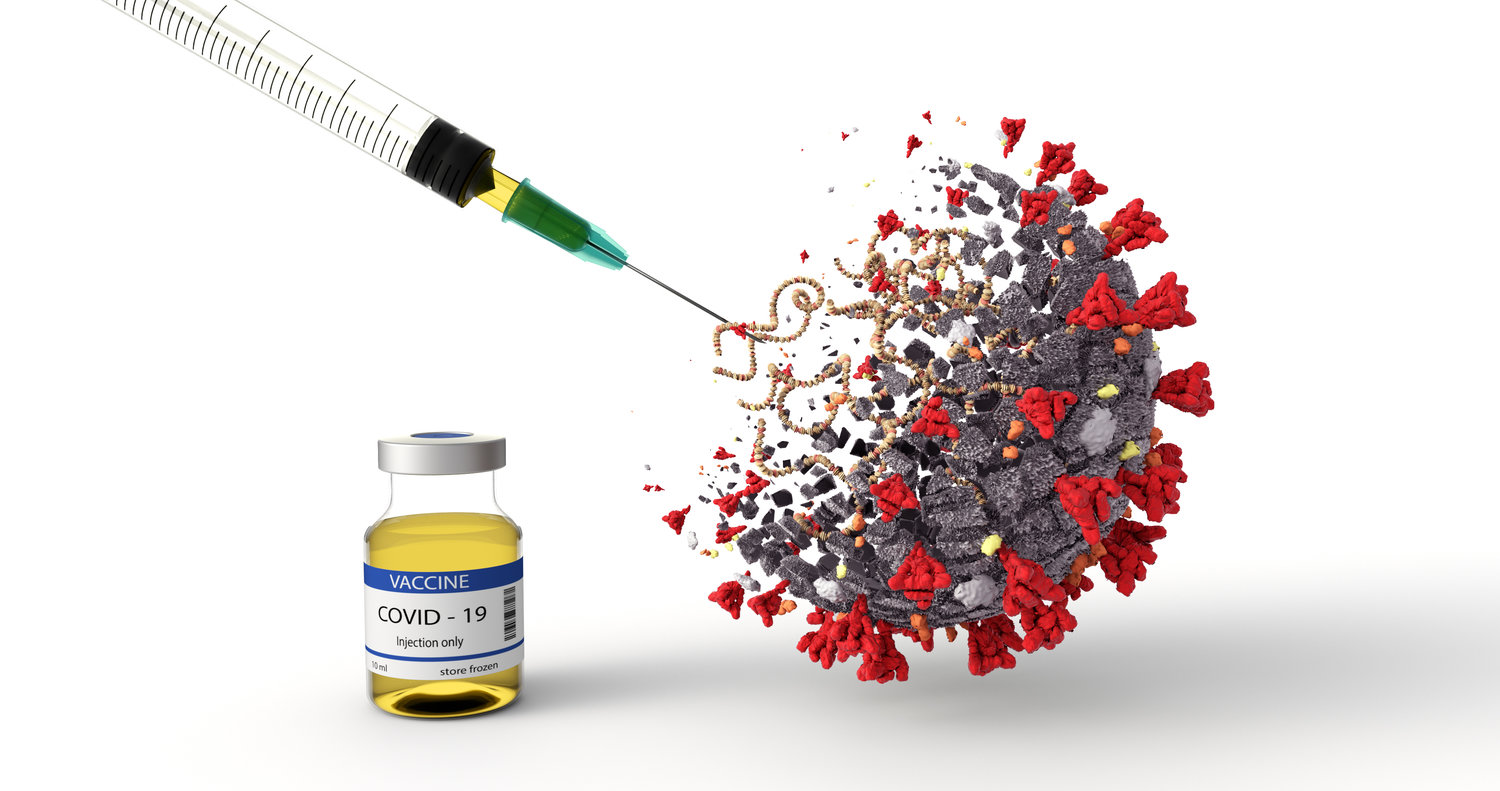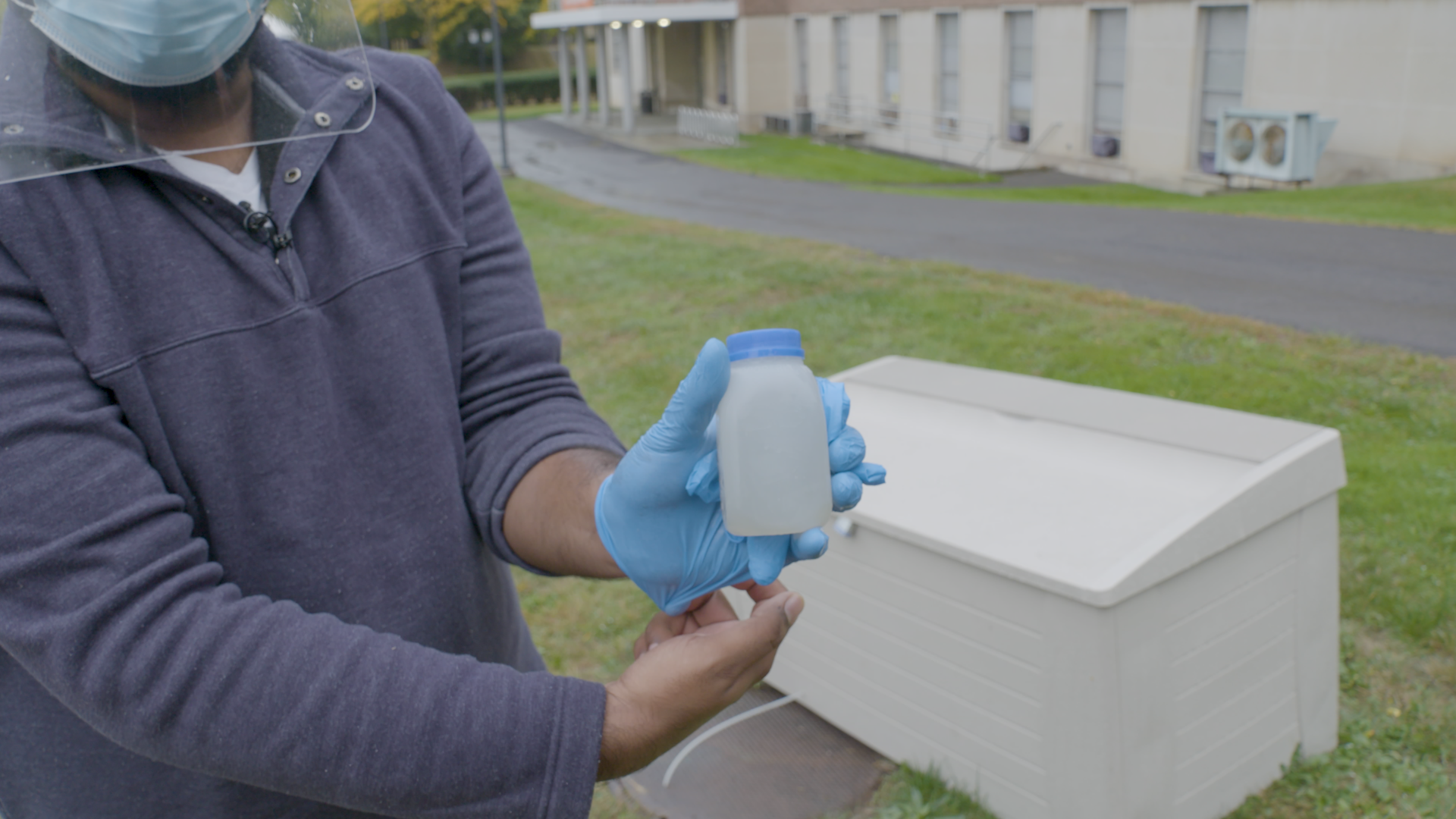LANSING, MICH. — Michigan Department of Health and Human Services (MDHHS) officials today updated prioritization guidance for COVID-19 vaccination administration for essential workers and those at high risk of severe infection. Additionally, MDHHS announced the vaccination of more than 37,000 frontline health care providers.
“Some essential workers are at higher risk of exposure or exposing others due to the nature of their work and older individuals, particularly those with underlying health conditions, are particularly vulnerable to the virus,” said Dr. Joneigh Khaldun, chief medical executive and chief deputy for health. “As new information is learned, this guidance will continue to evolve. The availability of these safe and effective vaccines means the end to the pandemic is near. Everyone should be planning now for how they will get their vaccine when it becomes available to them.”
MDHHS is following the Centers for Disease Control and Prevention recommendations for prioritization of distribution and administration of COVID-19 vaccines. CDC recommendations are based on input from the Advisory Committee on Immunization Practices (ACIP), the federal advisory committee made up of medical and public health experts who develop recommendations on the use of vaccines in the United States. ACIP updated its recommendations on Saturday, Dec. 20 regarding Phases 1b and 1c, including essential workers and those at high risk of severe infection. This was an effort to balance prevention of illness and death, while preserving societal functioning. CDC published the accepted recommendations on Tuesday, Dec. 22.
Updated phases are as follows:
- Phase 1: Paid and unpaid persons serving in healthcare settings who have the potential for direct or indirect exposure to patients or infectious materials and are unable to work from home as well as residents in long term care facilities.
- Phase 1B: Persons 75 years of age or older and frontline essential workers in critical infrastructure.
- Phase 1C: Individuals 16 years of age or older at high risk of severe illness due to COVID-19 infection and some other essential workers whose position impacts life, safety and protection during the COVID-19 response.
- Phase 2: Individuals 16 years of age or older.
These prioritizations may change as more information on vaccine effectiveness and additional vaccination products become available. MDHHS has provided additional prioritization guidance within these categories. It is important to note that vaccination in one phase may not be complete before vaccination in another phase begins. There may be vaccination of individuals in different phases that occur simultaneously. The timing of the start of vaccination in a phase is dependent on the supply of vaccine from the manufacturer, how vaccine is allocated from the federal level to Michigan and the capacity to administer the vaccine to populations. Decisions on moving to the next phase will be made at the state level.
More than 231,000 doses of Moderna and Pfizer COVID-19 vaccine have been delivered to local health departments and hospitals across the state with over 120,000 additional doses expected next week. This data is being tracked on the COVID-19 Vaccine Dashboard, which also includes information on the number of providers enrolled to provide the vaccine, and doses administered. The dashboard will be expanded over the coming weeks to include vaccination coverage rates by age and race.
Even with COVID-19 vaccinations starting in Michigan and worldwide, Khaldun urges everyone to continue to practice preventative measures such as properly wearing masks, social distancing and frequent handwashing to reduce the spread of the virus until the vast majority of people have been vaccinated.
Michigan health officials have set a goal of vaccinating 70% of Michiganders over age 16, about 5.6 million people, by the end of 2021. There will be no out-of-pocket costs to individuals for the vaccine, however, healthcare providers may bill insurance for administrative costs. The COVID-19 vaccine will require two doses, separated by three or four weeks depending on the manufacturer. Michiganders should receive both doses in order to have full protection from the virus. Individuals who receive the vaccine may experience mild side effects such as low-grade fever, sore arm and general discomfort, which indicate that the vaccine is working. There is a robust state and national process for tracking vaccines and reporting side effects.












